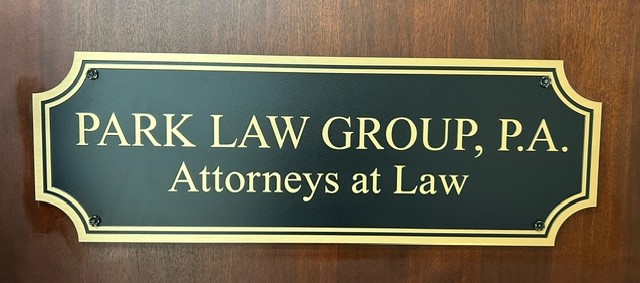Marital and Family Law in Tampa, FL
This area of our practice encompasses a broad range of legal matters relating to the family, including premarital agreements, divorces, child custody, child support and disputes involving alimony and marital property, including complex business valuation issues. Our lawyers recognize that in many situations it is important to maintain a sense of harmony between family members, especially when children are involved. Nevertheless, we also understand that an agreement or judgment governing a dissolution of marriage significantly affects our client’s financial well-being. Therefore, we engage in in-depth preparation, investigation, and legal research in this rapidly changing area of the law in order to better serve our clients.
Dissolution Process
The process of dissolving a marriage can seem unsettling and overwhelming. However, it is really a series of small steps to travel from the initial pleadings to a Final Judgment dissolving the marriage.
- Filing stage – In this stage, a legal document called a Petition is drafted, filed with the circuit court, and served upon the other party. This is how the process is officially started. The other party files an Answer, either admitting or denying the statements made in the Petition, and the next phase begins.
- Discovery stage – In this stage, the parties engage in the exchange of information important to the case. Depending on the particular issues in the case, the information can vary from purely financial to a number of additional categories. During this phase, depositions may be taken requiring persons with information relevant to the issues in the case to answer questions about what they know. Documents are exchanged and each side compiles the evidence they need to present their case to the court.
- Mediation stage – This stage can take place during the discovery stage or at the end of discovery and just prior to trial. Mediation is an informal process where the parties come together and have a neutral third party go back and forth with the goal of reaching a compromise on the issues being litigated. If the parties can resolve their differences, they can enter into a written agreement and effectively end the process. If they cannot agree, then the mediation process ends in an impasse and the issues are set to be tried before the court.
- Trial stage – In this stage, the parties attend a Final Hearing in which they present evidence in the form of witness testimony and documents. After the evidence is presented, the attorneys give one final argument to the court and then the court will decide how to resolve the unresolved issues. The court typically takes the case under advisement and then issues a written order at a later date.
- Appellate stage – If one or both of the parties believe the trial court committed a legal error, they may appeal the decision to the District Court of Appeals. For more information on this process, please see the Appellate Practice section under Practice Areas.
Post-Dissolution Issues
Often times circumstances change from the way they were when the marriage was dissolved. Incomes may increase or decrease, time-sharing with minor children may adjust, or people may wish to relocate to another area. These types of issues are addressed by filing a Supplemental Petition to Modify a Final Judgment. The process is virtually identical to the Dissolution Process, only the issues are likely much more limited. Our firm handles all types of post-dissolution issues.
If you are considering dissolving your marriage or have issues which have arisen after your divorce and need to modify the original Final Judgment, please give us a call and set up an appointment to speak to one of our highly qualified attorneys. We may be able to assist you through this difficult period of your life.
